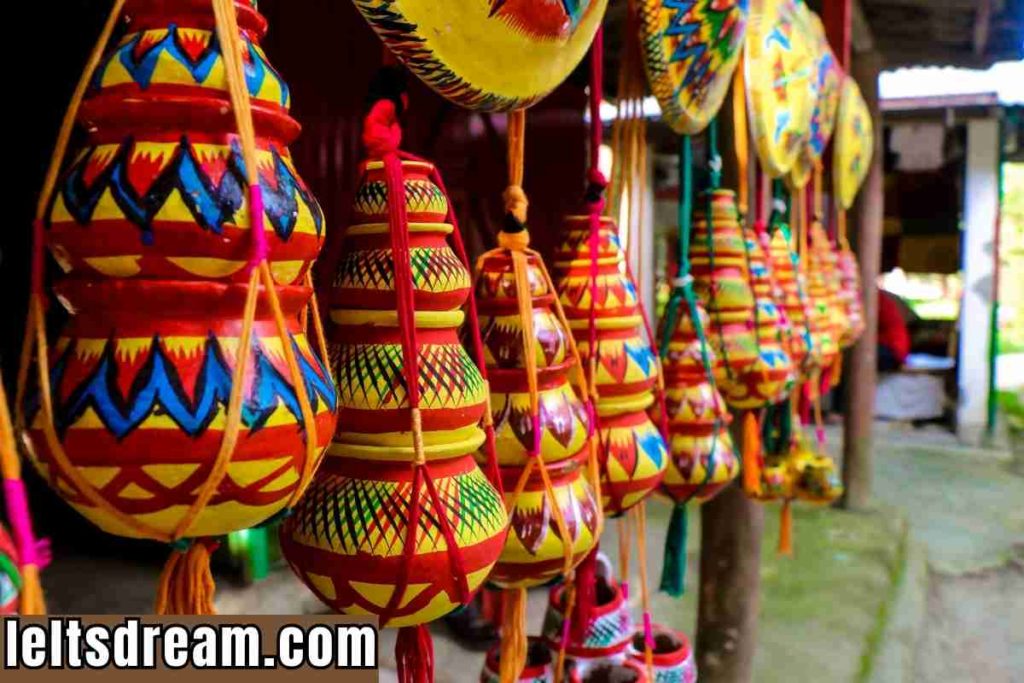Some People Say Cultural Traditions Are Destroyed when they are used as money-making attractions aimed at tourists. Others say this is the only way to save such traditions. Discuss both views and give your opinion.
Sample Answer of Some People Say Cultural Traditions Are Destroyed
The tourism industry often relies on showcasing cultural traditions to attract visitors from around the world. This has sparked a debate on whether such commercialization erodes the authenticity of these traditions or is the key to their preservation. In this essay, I will discuss both perspectives and provide my own viewpoint on the matter.
Proponents of the idea that cultural traditions are destroyed when used as money-making tourist attractions argue that commercialization can lead to the dilution of cultural heritage. They believe that by turning these customs into tourist spectacles, the true essence and meaning of these traditions are often lost. For example, traditional dances or rituals may be modified to cater to tourists’ tastes and preferences, resulting in a watered-down version of the original performance. Furthermore, the excessive influx of tourists may lead to overcrowding and environmental degradation, which can negatively impact the cultural and natural landscapes of these sites.
On the other hand, those who believe that the commercialization of cultural traditions is the only way to save them argue that it provides much-needed financial support for the preservation of these customs. Tourism can generate income for local communities, enabling them to maintain and restore cultural sites, as well as fund educational and training programs to ensure that traditional knowledge and skills are passed down to future generations. Moreover, the exposure that tourism brings can raise awareness of these cultural practices, both locally and internationally, fostering a sense of pride and appreciation among the communities involved.
In my opinion, a balanced approach is required to address this issue. While the commercialization of cultural traditions does come with certain risks, the benefits of using tourism as a means to preserve and promote these customs should not be overlooked. To minimize the potential negative impacts, it is essential for governments, local communities, and the tourism industry to work together in establishing sustainable tourism practices. This includes developing comprehensive management plans, setting visitor limits, and ensuring that cultural performances and rituals are carried out in a way that respects and maintains their authenticity.
In conclusion, although the commercialization of cultural traditions for tourism purposes has its drawbacks, it can also be an effective tool for their preservation, provided that it is managed responsibly and sustainably. By striking the right balance, we can ensure that these cherished customs continue to enrich our world for generations to come.

